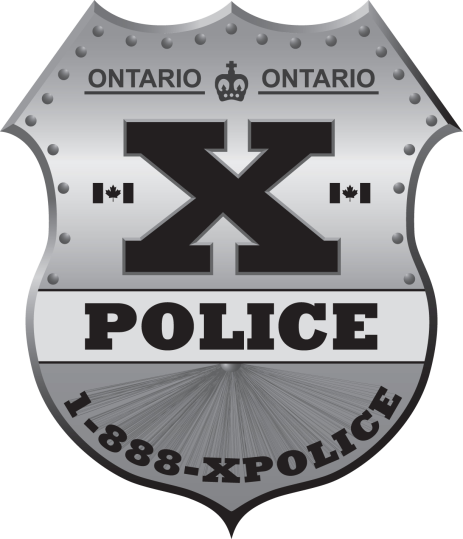
As the Canadian maker of Fireball describes its trademark odour: “just imagine what it feels like to stand face-to-face with a fire-breathing dragon who just ate a whisky barrel full of spicy cinnamon.”
Like many self-described alcoholics, Danny Kahl had a routine. Each time he arrived at a Toronto jail to serve a weekend toward his intermittent sentence, he would park his car and chug a mickey of Fireball Whisky, a cinnamon flavoured schnapps of 33% alcohol, originally marketed as “Dr. McGillicuddy’s.” He believed the cinnamon would mask the liquor on his breath, and because the booze would take a few minutes to reach his brain, the guards would not realize their incoming inmate was drunk.
The gambit appears to have worked, risky though it was. As the Canadian maker of the drink describes its trademark odour: “just imagine what it feels like to stand face-to-face with a fire-breathing dragon who just ate a whisky barrel full of spicy cinnamon.”
Kahl’s final weekend in custody was meant to start just before Christmas, 2011, but while speeding on the way there, he rear-ended a car on the highway and caused a massive chain reaction crash. Arrested at the scene because he smelled of alcohol (and, less controversially, cinnamon), he blew over the limit, was charged, tried and convicted of impaired driving.
But Ontario’s highest court has just voided that conviction and granted Kahl a new trial, ruling the lower courts improperly rejected his excuse that, basically, he panicked. After the crash, Kahl said he assumed he was about to be taken to jail anyway, and so he chugged nearly all of his Fireball Whisky while his car was stopped on the highway. He claimed he had been sober when he caused the crash.
His retrial will be the fourth judicial hearing of this unusual case that centres on “intervening drinking,” an issue that in 2012 went to the Supreme Court of Canada, which laid out limits on its use as a defence.
Another notable case was that of Monty Robinson, the former British Columbia RCMP officer who was convicted of obstructing justice over his role in a traffic accident that killed a young man. Robinson left the scene and claimed he went home and drank vodka to calm himself, though he denied being drunk before the collision.
In Kahl’s case, no one was killed, but he did cause a pile-up on a major Toronto highway, within a few kilometres of the jail.
When he passed the bottle of Fireball Whisky to his passenger, a casual acquaintance who was also serving an intermittent sentence, Kahl testified there were only a couple of ounces left, meaning he had downed about ten ounces.
Because of his asthma, Kahl was not given a full breath analysis until he was in hospital, three hours after the accident. The criminal law requires a sample to be taken within two hours, and so the delay required the expert evidence of a toxicologist.
At trial, the toxicologist described two scenarios, based on Kahl drinking seven or ten ounces of Fireball Whisky right after the accident. Seven ounces would not account for his illegally high blood alcohol reading three hours later, the expert found, but ten ounces would.
At trial, the judge found Kahl’s excuse preposterous and convicted.
“It begs credulity, if not credibility,” the judge said. “I had an accident, someone has called the police, and while I’m waiting for the police, I’m going to guzzle up a mickey just to make sure that I fill up in time to go into Mimico [Correctional Centre]. It makes no sense.”
A Superior Court judge later agreed that the excuse “defied ordinary human experience” and rejected Kahl’s first appeal, noting that Kahl has a criminal record that dates to 1988, with many driving infractions, including historical convictions for impaired driving.
“This was a man who knew something about drinking and driving, something about how the police operate, and something about Highway Traffic Act offences,” the second judge said. “He was not an ingénue and the trial judge was entitled to take that into account when evaluating his credibility.”
But in its new ruling the Court of Appeal of Ontario found the original judge improperly focused on just the seven ounce scenario, rejecting Kahl’s evidence about how much he claimed to drink, and how it fit with the expert’s testimony. The ultimate effect was to deny Kahl a fair trial, the three appeal court judges decided.
“Relying on the seven-ounce toxicological opinion evidence to disbelieve his claim, but wholly ignoring the ten-ounce opinion evidence that was capable of supporting his claim, constituted a failure to consider evidence relevant to a material issue, and thus a misapprehension of the evidence,” they wrote.
Source: National Post
